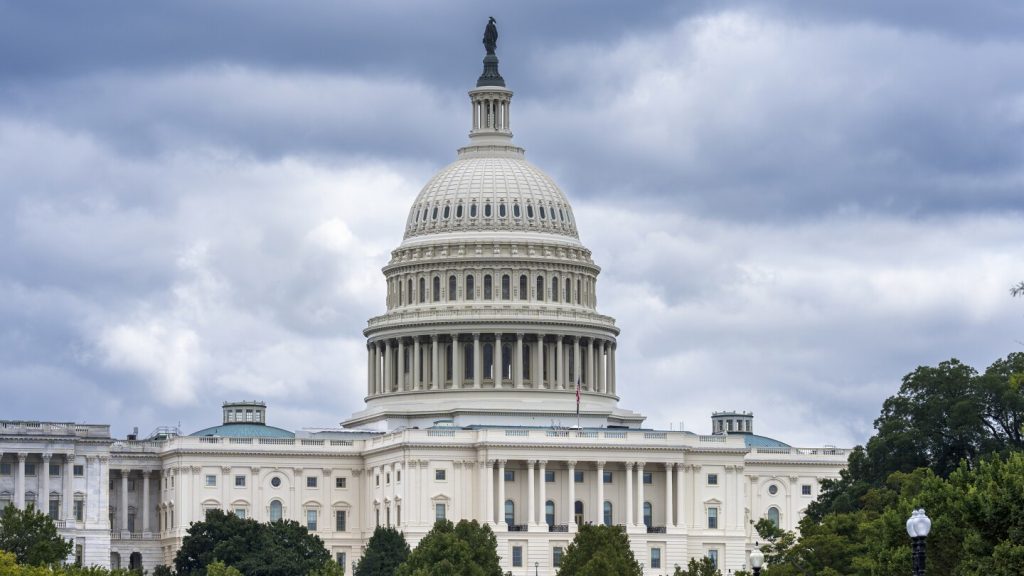The race for control of Congress is heating up as the November elections approach, with only a few dozen House seats and Senate races likely to determine the majority. Lawmakers are returning to Washington for a legislative sprint, with many high-profile races being waged in states like Montana, New York, and California. The shift in momentum came after Vice President Kamala Harris replaced President Joe Biden on the Democratic ticket, leading to increased money, volunteers, and enthusiasm for Democratic campaigns. This challenges Republicans who had initially been favored for gains, buoyed by former President Trump’s comeback bid despite legal issues.
Former President Trump and Republicans are working hard to regain momentum ahead of the elections, with Trump’s popularity in Montana seen as a key factor for Senate Republicans to go on the offensive. However, the fundraising gap between Republicans and Democrats poses a significant challenge for the GOP, impacting their ability to keep up with advertising and organizing efforts. The shift to a new era of razor-thin margins in Congress means that every single seat won or lost will make a significant difference in determining party control.
In the Senate, Democrats are likely to see their narrow majority slip to at least a 50-50 split with Republicans due to the retirement of independent Sen. Joe Manchin of West Virginia. Republicans are optimistic about securing key races in states like Montana, Pennsylvania, Ohio, and Wisconsin, where they are challenging Democratic incumbents. On the other hand, Democrats are making gains in long-shot races against Republican Senators Ted Cruz of Texas and Rick Scott of Florida, but incumbents’ longevity and name recognition make them tough to beat.
In the House, Speaker Mike Johnson has been traveling across the country in a bid to protect the Republican majority in districts where Biden had won. House Democrats are benefiting from the Harris momentum, working to protect their most embattled lawmakers while also diversifying their ranks. With candidates campaigning far from presidential battleground states, both parties are focusing on voter turnout efforts. Democrats are seeing a surge in grassroots volunteer engagement, while Republicans are ramping up voter outreach and get-out-the-vote efforts.
Fundraising remains a key concern for Republicans, as Democrats are outpacing them with Harris on the ticket. Republican leaders are urging donors to get off the sidelines and support their campaigns to flip the Senate majority. Despite the cash crunch, both parties are seeing record online fundraising, with Harris’ team sending significant contributions to down-ballot races. As the campaigns intensify in the final stretch before the elections, the race for control of Congress remains highly competitive and uncertain, with each seat won or lost likely to tip the balance in favor of one party.


